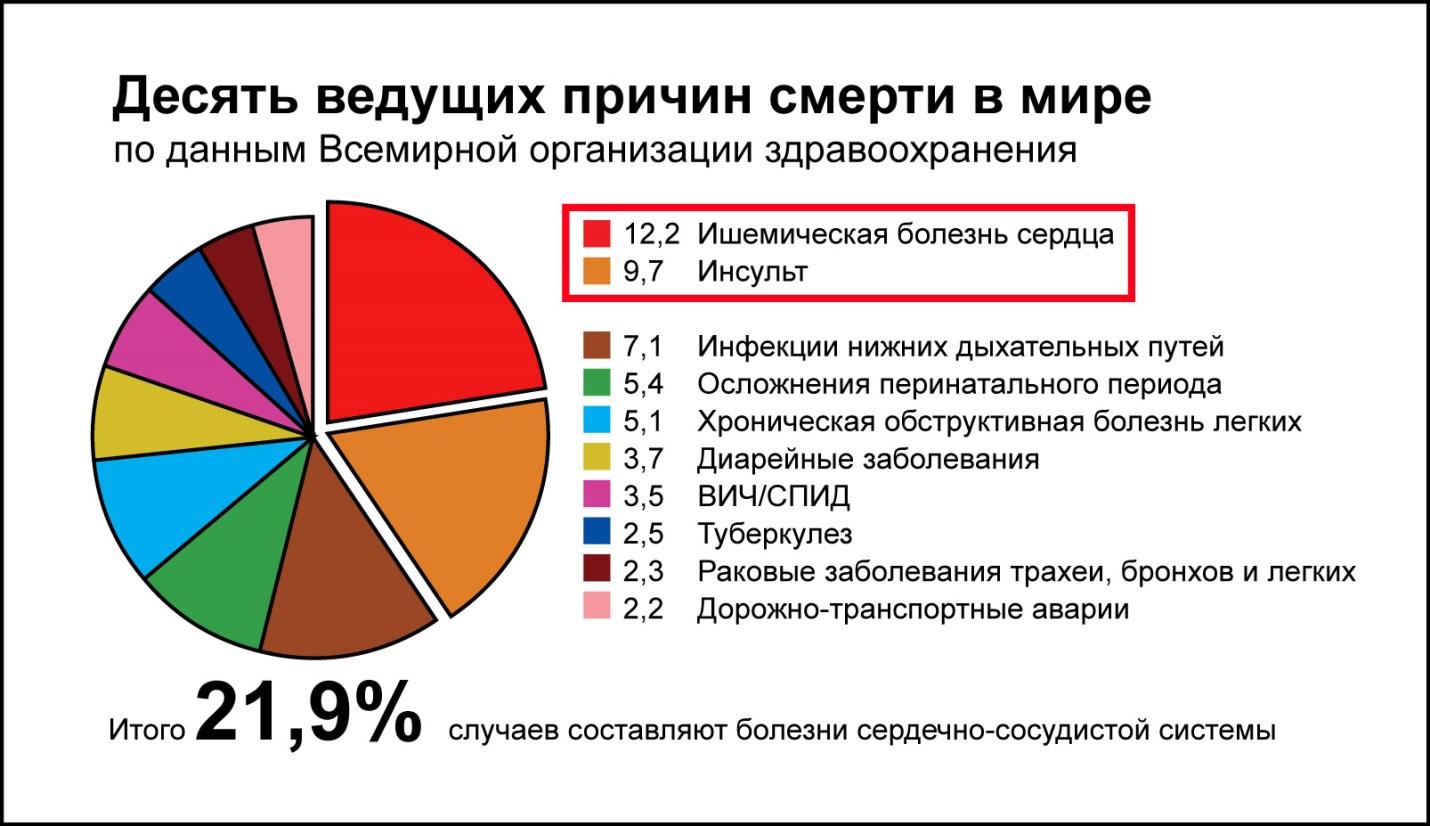Escape To The Country: Budgeting For Your Rural Relocation

Table of Contents
Property Costs: More Than Just the Purchase Price
The allure of a charming cottage or a sprawling farmhouse is undeniable, but the cost of an escape to the country extends far beyond the initial purchase price. Understanding the hidden costs is vital for avoiding financial surprises.
Understanding Hidden Costs:
Rural property purchases often involve additional expenses that city dwellers might overlook. These include:
- Survey fees: Professional surveys are essential to identify potential issues with the land and property boundaries.
- Legal fees (conveyancing): Solicitors handle the legal aspects of the property transfer, incurring fees for their services.
- Stamp duty/transfer taxes: These government-levied taxes are based on the property's value and vary by region.
- Potential renovation/repair costs: Older rural properties often require significant renovations or repairs before they're habitable. Factor these into your budget before you buy.
- Unexpected maintenance issues: Outdated plumbing, heating systems, or roofing can lead to unforeseen and costly repairs. Older properties, in particular, often present such surprises.
Financing Your Rural Escape:
Securing financing for your rural property requires careful planning.
- Mortgage options for rural properties: Not all mortgage lenders offer favorable terms for rural properties. Shop around and compare rates from various lenders specializing in rural mortgages.
- Exploring alternative financing methods: Consider personal loans or utilizing your savings to supplement your mortgage.
- Understanding interest rates and repayment schedules: Scrutinize the terms of your loan carefully to understand the long-term financial implications.
- Importance of a pre-approval before starting your search: Obtaining pre-approval gives you a clear picture of your budget and helps you focus your property search effectively. This will prevent you from falling in love with a property that's out of your financial reach.
Lifestyle Costs: Embracing Rural Living
While the peace and quiet of the countryside are appealing, rural living comes with its own set of expenses. Adjusting to these lifestyle changes requires careful financial planning.
Transportation:
- Increased reliance on personal vehicles: Public transportation is often limited in rural areas, making car ownership essential.
- Higher fuel costs due to longer distances: Commuting to work, shopping, or accessing amenities often involves longer distances and higher fuel consumption.
- Potential car maintenance costs due to poorer road conditions: Rural roads can be rougher, leading to increased wear and tear on your vehicle.
- Public transportation limitations in rural areas: Plan for the increased cost and inconvenience of relying primarily on your car.
Utilities and Services:
- Higher energy costs (heating, especially in older properties): Older, less energy-efficient properties will have higher heating bills, particularly during colder months.
- Water costs and potential well maintenance expenses: If your property relies on a well, you'll need to budget for its maintenance and potential repairs.
- Internet access and potential for lower speeds/higher costs: Broadband access can be limited in rural areas, leading to slower speeds and potentially higher costs.
- Waste disposal and recycling services in rural communities: Waste collection services may be less frequent or more expensive in rural areas.
Groceries and Everyday Expenses:
- Potential higher costs due to limited local supermarkets: Rural areas may have fewer supermarkets, leading to higher prices and limited choices.
- Travel expenses for grocery shopping: Longer trips to larger supermarkets will increase your fuel costs.
- Support local farmers markets to potentially offset higher costs: Shopping at local farmers' markets can provide fresh produce at competitive prices while supporting your community.
Unexpected Expenses: Preparing for the Unforeseen
Rural living often presents unexpected challenges that demand financial flexibility.
Home Maintenance & Repairs:
- Budget for regular maintenance and repairs of your rural property: Set aside funds for regular upkeep, including gardening, painting, and minor repairs.
- Set aside emergency funds for unforeseen issues (plumbing, heating, roofing): Major repairs can be costly, so an emergency fund is crucial.
- Consider homeowner's insurance that covers rural properties: Ensure your insurance adequately covers the risks associated with rural properties, including potential damage from severe weather.
Rural Specific Expenses:
- Pest control (mice, insects, etc.): Rural properties are more susceptible to pest infestations.
- Potential for wildlife encounters (fence repairs): Damage from wildlife, such as deer or rabbits, requires budgeting for repairs.
- Dealing with harsh weather conditions (snow removal, storm damage): Rural areas often experience more extreme weather, requiring additional expenses for snow removal or storm damage repair.
Planning Your Budget: A Step-by-Step Guide
Creating a realistic budget is essential for a successful escape to the country.
Creating a Detailed Budget:
- List all potential costs associated with relocation: Include moving expenses, legal fees, property taxes, and ongoing lifestyle costs.
- Research average costs in your target area: Gather data on utility bills, groceries, and other expenses in your chosen rural community.
- Use budgeting apps or spreadsheets for tracking: Utilize tools to monitor your spending and ensure you stay within budget.
Emergency Fund:
- Establish a significant emergency fund (3-6 months expenses): This will provide a financial cushion for unforeseen circumstances.
- Account for unforeseen repair costs or job loss: Unexpected job loss or property damage can significantly impact your finances.
Conclusion
Successfully planning your escape to the country requires careful budgeting and consideration of the unique financial aspects of rural living. By thoroughly researching property costs, lifestyle expenses, and potential unforeseen issues, and creating a detailed budget, you can significantly increase your chances of a smooth and financially secure transition. Don’t let the dream of an escape to the country pass you by – start planning your budget today! Remember to factor in all the associated costs for a successful and stress-free escape to the country, including those unexpected costs that often catch new rural residents off guard.

Featured Posts
-
 Lewis Hamiltons Comments Condemned As Unfair By Ferrari Head
May 25, 2025
Lewis Hamiltons Comments Condemned As Unfair By Ferrari Head
May 25, 2025 -
 Amundi Msci World Ii Ucits Etf Dist Daily Nav Updates And Analysis
May 25, 2025
Amundi Msci World Ii Ucits Etf Dist Daily Nav Updates And Analysis
May 25, 2025 -
 The Ultimate Escape To The Country Property Considerations And Lifestyle Choices
May 25, 2025
The Ultimate Escape To The Country Property Considerations And Lifestyle Choices
May 25, 2025 -
 Annie Kilners Solo Outing After Kyle Walkers Night With Two Women
May 25, 2025
Annie Kilners Solo Outing After Kyle Walkers Night With Two Women
May 25, 2025 -
 Us Bands Glastonbury Appearance Fan Speculation Soars After Cryptic Post
May 25, 2025
Us Bands Glastonbury Appearance Fan Speculation Soars After Cryptic Post
May 25, 2025
Latest Posts
-
 Analiz Svadebnykh Tseremoniy Na Kharkovschine 600 Brakov
May 25, 2025
Analiz Svadebnykh Tseremoniy Na Kharkovschine 600 Brakov
May 25, 2025 -
 Vozrast Geroev Filma O Bednom Gusare Zamolvite Slovo Podrobniy Razbor
May 25, 2025
Vozrast Geroev Filma O Bednom Gusare Zamolvite Slovo Podrobniy Razbor
May 25, 2025 -
 Bolshe 600 Svadeb Na Kharkovschine Za Mesyats Tendentsii I Statistika
May 25, 2025
Bolshe 600 Svadeb Na Kharkovschine Za Mesyats Tendentsii I Statistika
May 25, 2025 -
 Skolko Let Geroyam Filma O Bednom Gusare Zamolvite Slovo Vozrast Personazhey Izvestnoy Kinolenty
May 25, 2025
Skolko Let Geroyam Filma O Bednom Gusare Zamolvite Slovo Vozrast Personazhey Izvestnoy Kinolenty
May 25, 2025 -
 Ricchezza 2025 La Nuova Classifica Forbes Degli Uomini Piu Ricchi Del Mondo
May 25, 2025
Ricchezza 2025 La Nuova Classifica Forbes Degli Uomini Piu Ricchi Del Mondo
May 25, 2025
